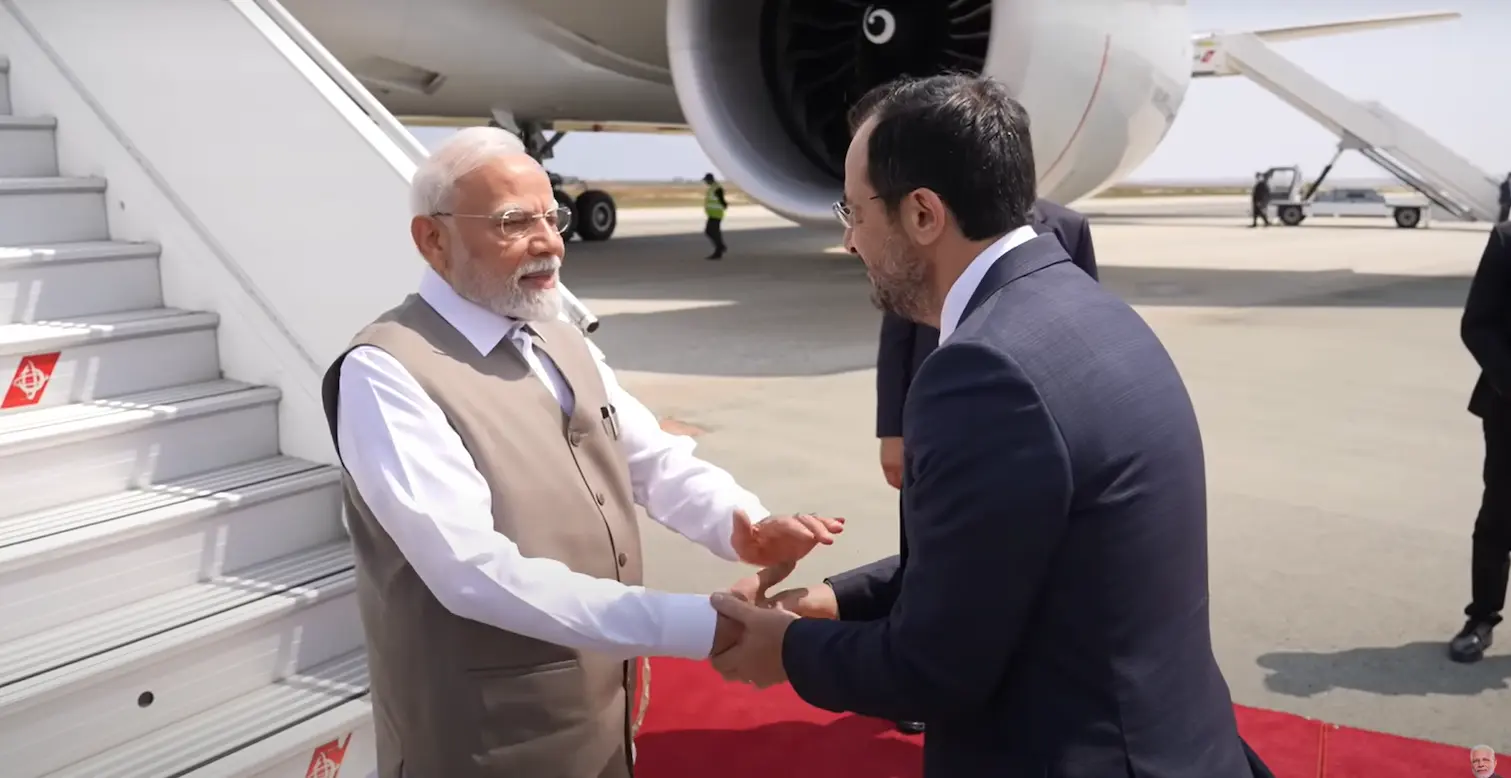
Prime Minister Narendra Modi’s visit to Cyprus is more than a diplomatic engagement, it’s a strategic signal to Turkey
Strengthening India-Cyprus Relations: A Diplomatic Power Play
A Message for Turkey – Prime Minister Narendra Modi’s visit to Cyprus is not just a routine diplomatic engagement, it’s a strategic maneuver with far-reaching geopolitical consequences. As India deepens its ties with Cyprus, the timing and intent of this visit send a clear message to Turkey, which has long been at odds with Cyprus over territorial disputes.
Cyprus, a European Union member, has been engaged in a decades-long conflict with Turkey, which occupies the northern part of the island. India’s reaffirmation of Cyprus’ sovereignty and territorial integrity during Modi’s visit underscores its commitment to international law and stability in the Mediterranean region.
This visit comes at a time when Turkey has strengthened its diplomatic and military ties with Pakistan, openly supporting Islamabad on issues like Kashmir. By reinforcing its partnership with Cyprus, India is countering Turkey’s influence while expanding its footprint in European diplomacy.
A Message for Turkey: India’s Strategic Shift in the Mediterranean
Modi’s visit to Cyprus is widely seen as a subtle yet firm response to Turkey’s growing alignment with Pakistan. Turkey has repeatedly criticized India’s stance on Kashmir, using international forums to push its narrative. In contrast, Cyprus has consistently backed India, supporting its position on cross-border terrorism and UN Security Council reforms.
During his visit, Modi was photographed with Cyprus President Nikos Christodoulides, with the Turkish-controlled Northern Cyprus visible in the background. This symbolic moment was interpreted as a strong diplomatic signal, reinforcing India’s support for Cyprus against Turkish expansionism.
India’s stance on Cyprus aligns with its broader Mediterranean strategy, where it seeks to strengthen alliances with EU nations while countering adversarial influences. Cyprus, set to hold the rotating presidency of the EU Council in 2026, could play a pivotal role in shaping India-EU relations.
Economic and Strategic Implications of Modi’s Visit
Beyond geopolitics, Modi’s visit to Cyprus has significant economic implications. Cyprus is a key player in the India-Middle East-Europe Economic Corridor (IMEC), a project aimed at enhancing trade and connectivity between India and Europe.
Cyprus’ strategic location in the Mediterranean makes it an ideal hub for maritime trade and energy cooperation. India is keen on diversifying its energy sources, and Cyprus’ involvement in natural gas exploration could open new avenues for collaboration.
Additionally, Cyprus has expressed interest in expanding defense cooperation with India, given its ongoing security challenges with Turkey. Strengthening military ties could further solidify India’s presence in the region, ensuring stability and countering external threats.
Final Thoughts: A Calculated Diplomatic Move
PM Modi’s visit to Cyprus is more than a bilateral engagement, it’s a strategic power play that reinforces India’s global influence. By supporting Cyprus’ sovereignty, India is challenging Turkey’s aggressive stance while strengthening its position in European diplomacy.
As India continues to expand its geopolitical footprint, this visit marks a pivotal moment in its Mediterranean strategy. The question remains, will Turkey respond, or has India successfully reshaped the regional balance?
Stay updated with the latest news on Rapido Updates. Keep yourself updated with The World, India News, Entertainment, Market, Gadgets, Sports, and many more
Also read – PM Modi Honoured with Cyprus Highest Civilian Award: A Historic Moment for India